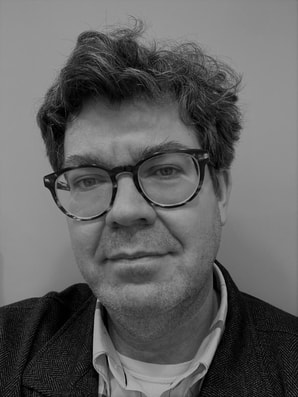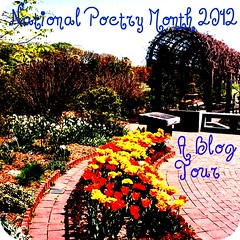
Paperback, 84 pgs.
I am an Amazon Affiliate
String by Matthew Thorburn is a poetry collection that tells a story of a boy living through war and explores the thread of loss and memory with precision. Every moment with this boy is unexpected, and his pain becomes our pain. Through these poems, Thorburn gives us an intimate picture of this teenager’s life from the doctor with the cigarettes on his desk to Rosie, who catches his eye.
While there is memory that delights and makes this boy smile, there are other, darker memories that he cannot forget.
They (pg. 11) liked to throw things a man down a well a woman through a window they liked to know things names and dates your hopes what hurt my hiding place the combination to Saltzman's empty safe they liked to break things doors bicycles legs and backs and necks they liked to take things money gold rings fingernails and fathers they had no need for her none for me except they were hungry so hungry and so angry like shadows they liked to hide behind my back they liked to ride behind my eyelids death was their dark horse they never stood still.
Thorburn’s images bring the reader into each scene. It is harrowing; it is deeply depressing. But there also is light in the survival. What can survive a Holocaust? What can survive a war? What can survive genocide? Our memories, our connections, our stories. We merely have to share them.
Damaged Animal (pg. 12) The poor white upright piano scored with bullet holes they shot it too then tipped it off the balcony mangling Rosie's silver bicycle forever after a damaged animal the white keys broken teeth in the gutter where their piss trickled the black keys like fingers broken in black gloves
String by Matthew Thorburn is achingly beautiful and unforgettable. The story will have you turning the pages as if it were a novel. The imagery is searing and heartbreaking. If you are on the lookout for a narrative poetry collection with a cohesive story, this is one for you. Thorburn is at his best here.
RATING: Cinquain
Other Reviews:

Matthew Thorburn’s new book of poems is String, published by Louisiana State University Press in March 2023. He’s also the author of seven previous collections, including The Grace of Distance, a finalist for the Paterson Poetry Prize; the book-length poem Dear Almost, honored with the Lascaux Prize in Collected Poetry; and A Green River in Spring, winner of the Coal Hill Review chapbook competition. His work has been recognized with a Witter Bynner Fellowship from the Library of Congress, the Mississippi Review Prize, and fellowships from the Bronx and New Jersey arts councils and the Sewanee Writers’ Conference. A native of Michigan and for many years a New Yorker, he lives with his family in small-town New Jersey.






















 About the Poet:
About the Poet:














 When writing poetry, prose, essays, and other works do you listen to music, do you have a particular playlist for each genre you work in or does the playlist stay the same? What are the top 5 songs on that playlist? If you don’t listen to music while writing, do you have any other routines or habits?
When writing poetry, prose, essays, and other works do you listen to music, do you have a particular playlist for each genre you work in or does the playlist stay the same? What are the top 5 songs on that playlist? If you don’t listen to music while writing, do you have any other routines or habits?



